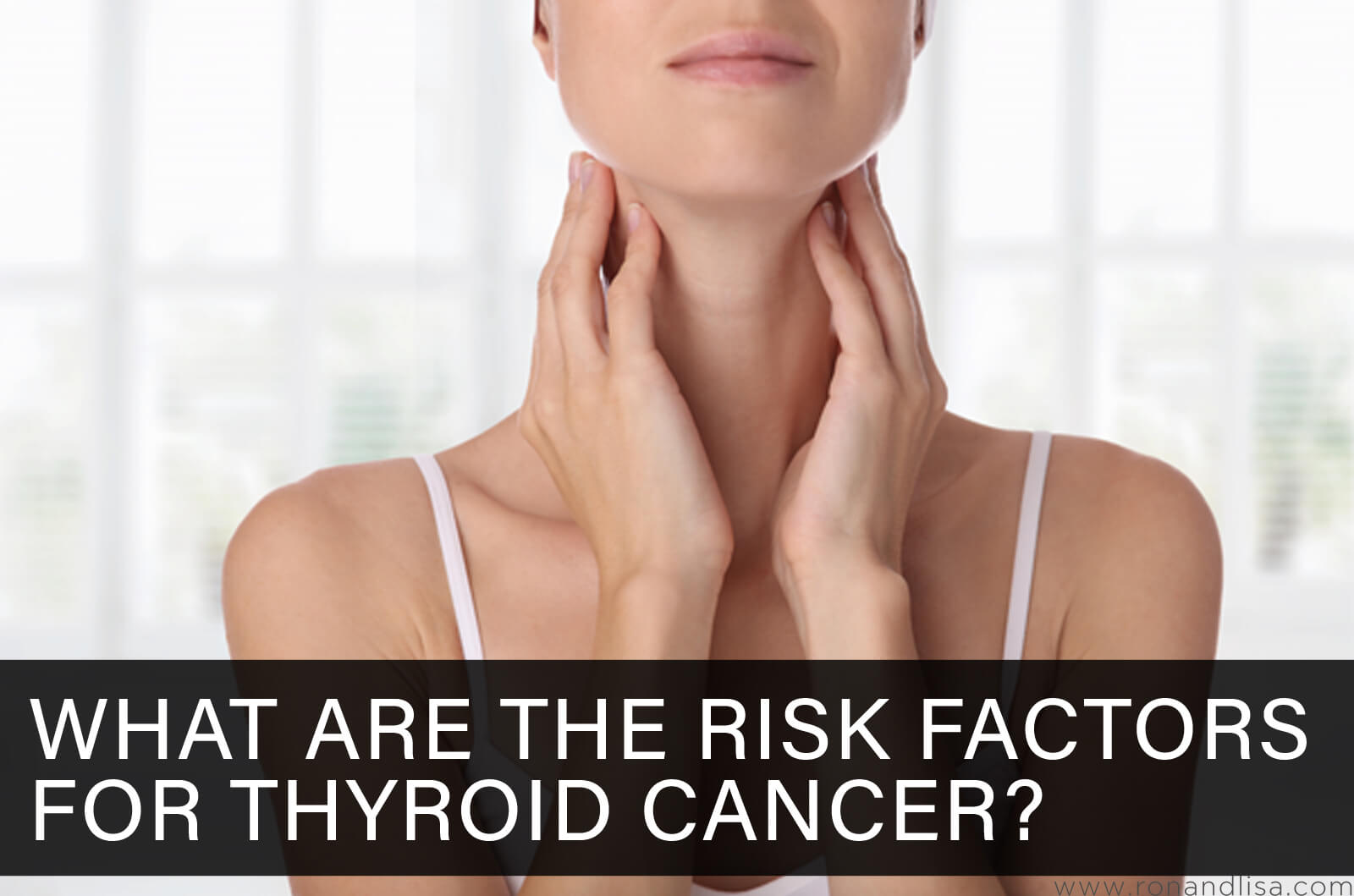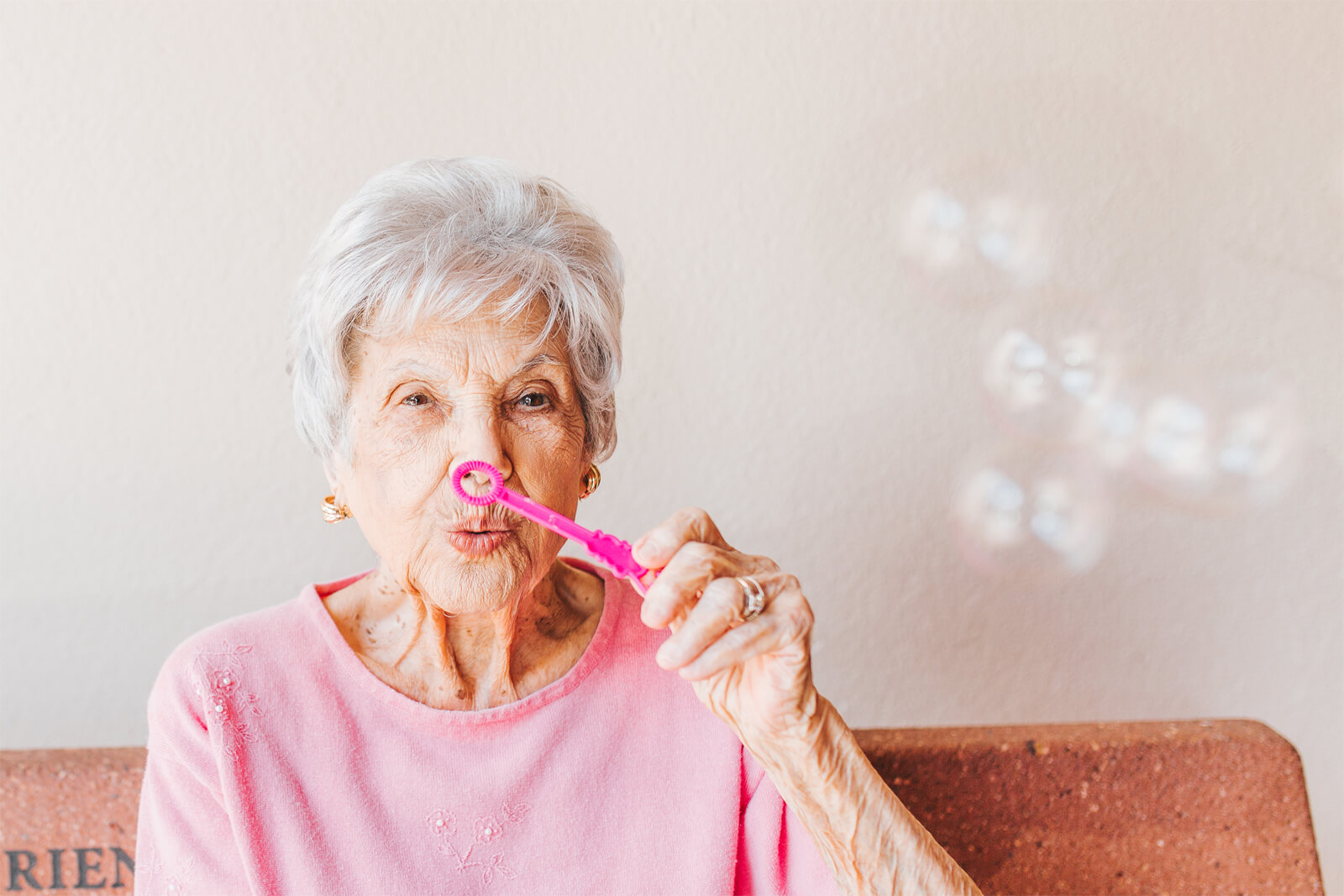As the second deadliest disease in the United States (followed by heart disease), cancer is a daunting medical condition that can be difficult to predict with many of the causes unknown. Today, men have a one in two chance of developing cancer in their lifetime while women have a one in three chance, according to the American Cancer Society. Over 100 unique types of cancer exist in the world today.
Some risk factors such as environmental are manageable while others, like genetic links, can be difficult to control. While it’s challenging to pinpoint the exact cause of every type of cancer, certain risk factors increase the chance of a specific cancer diagnosis. For example, victims and workers on the front lines during the tragic events of September 11, 2001, have at a higher risk of developing thyroid cancer from the 9/11 toxins from exposure to the harmful substances released during the attacks.
There are several other risk factors when it comes to developing thyroid cancer specifically. Here are a few risk factors to help you better ascertain if you could be at risk.
1. Family History
Having a family history of cancer increases one’s risk of developing the disease, especially thyroid cancer. This risk factor primarily applies to one’s immediate family members, which includes parents, grandparents, and siblings. The reason being that our DNA and genetic makeup is quite similar to that of our immediate family members.
Furthermore, if a parent develops cancer, then he or she may have a cancer-causing gene. This gene may be passed on at birth, meaning their children could have a greater risk of developing cancer in the future. However, most cancers are caused by an acquired mutation and are not passed hereditarily. Despite this, cancer-causing genes can be passed down through a germline mutation.
With this in mind, if any of your immediate family members develop cancer, it’s imperative to stay up to date on your yearly doctor visits and screenings while implementing healthy lifestyle changes.
2. Age and Gender
Age and gender also correlate with the risk of developing thyroid cancer. Specifically, older aged women are in the highest risk category.
Thyroid cancer affects far more women than men. The reason for this is not clear, but it is likely the result of hormonal differences between genders. In particular, estrogen may be the primary reason why women are more prone to thyroid cancer. Another reasonable explanation is that women are more susceptible to autoimmune diseases, which can be a cause of thyroid complications.
Studies indicate that thyroid cancer is prevalent in older women. Aging increases the risk of developing many types of cancers due to increased exposure to carcinogens over one’s lifetime. It’s highly recommended to have routine testing if you are a woman over the age of 45.
3. Exposure
Exposure to harmful compounds like radiation also increases one’s risk of thyroid cancer. As mentioned earlier, cancer is either caused by an acquired mutation or a germline mutation. The more common variant is acquired mutations, which anyone can be affected by.
Acquired mutations almost always involve some level of exposure to carcinogens. A good example of this is skin cancer resulting from excessive exposure to UV rays from the sun. It also applies to the development of lung cancer from smoking tobacco.
Unfortunately, carcinogens are not always obvious. You can easily unknowingly expose yourself to many carcinogens throughout your life without being aware. Exposure does not guarantee cancer, but it makes it much more likely.
In terms of thyroid cancer specifically, radiation applied near the neck and head is the main concern. Various radiation therapies are particularly problematic when it comes to this. Considering this, it’s prudent to avoid exposure to radiation and seek prompt treatment if you are ever exposed.
4. Dietary Issues
Certain dietary issues can also be linked to a thyroid cancer diagnosis. There are two primary dietary concerns when it comes to thyroid cancer risks; the first being a general risk posed by being overweight.
Obesity and excessive weight directly result in a higher risk of developing cancer due to the effects on cell growth and lifespan, changing bodily hormonal levels, and creating inflammation. Because of these factors, many cancers have obesity pinpointed as a direct cause.
The second dietary concern is the consumption of iodine. Iodine is found in iodized salt, seaweed, whole milk, cod, eggs, and other foods. Iodine is an essential mineral that regulates the creation of thyroid hormones. While iodine deficiency is a major health problem worldwide, there are also potential downsides of excess iodine. Too much or too little iodine intake will lead to thyroid diseases. This imbalance can lead to cell mutation and cancer. According to the American Cancer Society, Follicular thyroid cancers are more common in parts of the world where people eat diets low in iodine. Conversely, a diet high in iodine could increase the risk of papillary thyroid cancer. What you eat can affect your risk level of developing thyroid cancer. It’s important to focus on consuming a healthy, balanced diet.
While there are many different types of cancer, they should all be taken seriously. This requires understanding what the risk factors are for specific cancers that you may be prone to. For thyroid cancer, the risk factors include a family history of cancer, being an older woman, exposure to radiation and other carcinogens, and a diet either too much or too little iodine intake.
Cancer is not always preventable, but you can lower your chances of developing it by mitigating your risk factors. Focus on what can be managed such as your diet and your lifestyle.
This post was sponsored. All thoughts and opinions are our own.





Thank you so much for the moral support in your cover opening!
Also, this info on thyroid is very much appreciated. It is often unclear whether iodine does any good. I am at risk because I have low thyroid. Medication that replaces the hormone can’t be replaced by iodine, but from what you have, high or low thyroid could be prevented with balance. Also, I know from experience that the level of med. on low thyroid never goes down. So, a balanced diet prevents it from getting worse. Thanks for the info on what has iodine and what it does.
Thanks for sharing, Laura! Yes, balance is key and it’s good to know the supporting foods that can help. While many are seafood and dairy sources, it’s nice to know there are vegan sources as well. Stay healhty!
Thank you… I will be saving it to give to my son and my grandchildren. I just found out I have Hypothyroidism…and am taking Levothyroxine. After my Thyroid Nodules Biopsies…I am pretty sure the pathology reports will be coming back as cancerous. I have every symptom of Thyroid Cancer, plus the TI-TSH markers were very high. and some lesser known symptoms…I never even thought twice about.
*Maybe you can do an article on FNB (Fine Needle Biospy)…as I’m experiencing quite a few problems/side effects ever since…which you can find many online…they claim it mostly goes unreported. My theory of why it goes unreported, so it’s more known about…is that either there is currently no way/means to report such, or possibly the radiologists, whom all radiologists wish to have nothing negative reporting on FNB procedures are behind this lack of reporting. Plus, who should be in charge of reporting such? Should the radiologist be reporting or should your primary physician. Great and timely article…might add some iodine in to my diet now…Thank You
You’re welcome, Tess! Thanks for sharing your story. Wishing you much health + happiness 🙂
Oh…and just as a PSA… I’m 5’7″, weigh 114 lbs…and I have Hypothyroidism, which usually…a person would have some weight on them. Not me…am very toned like a ballerina and have always eaten well.
Weird…bananas are very good…somehow was naturally drawn to them and began eating 2 every day…guess my body was trying to help me out.
Also…my tongue had been swollen for years, where it overlapped the sides and also front of my teeth, very uncomfortable…causing me to bite my tongue or cheeks at night while sleeping. This is one of the more odd symptoms…but look out for it. I assumed I was just being ridiculous or crazy …like how could my tongue have swollen up & also sideways too? But it’s real.
Oh, great tip re the tongue, haven’t heard of that. And, good on the bananas. It’s soo interesting how our food cravings so often are guiding us to the nutrition our bodies need!